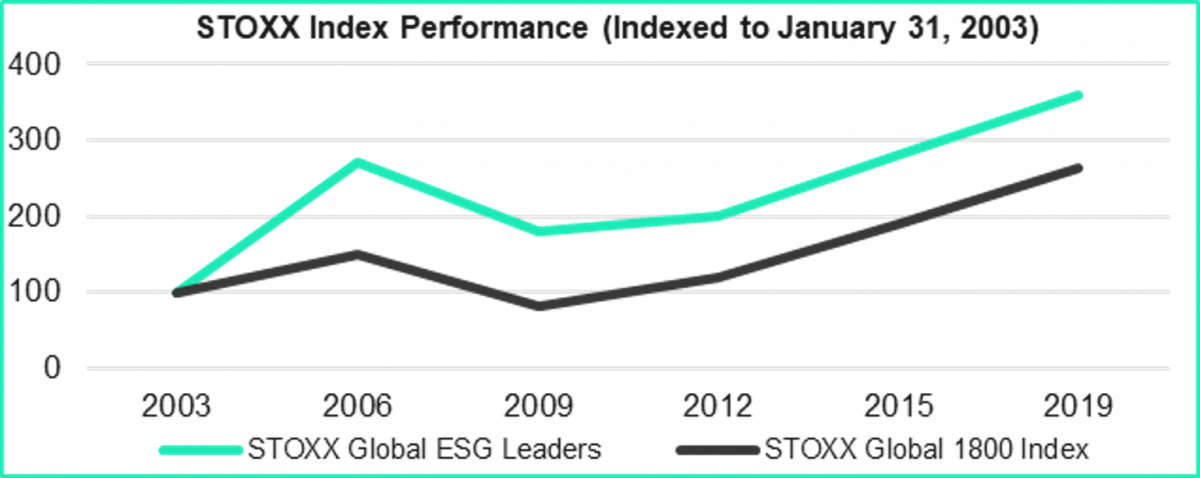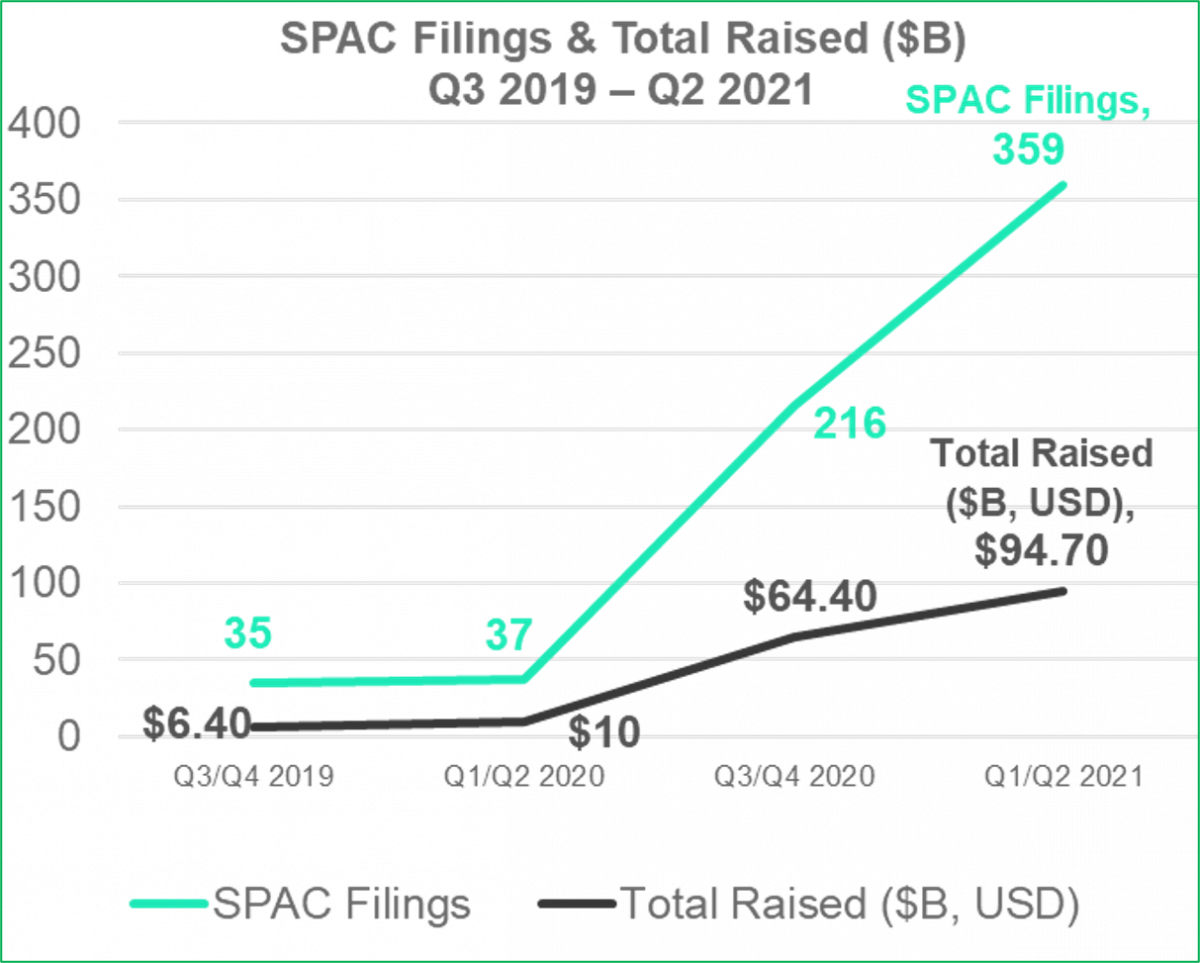Canadian Hydrogen Observatory: Insights to fuel…

COVID-19 played an important role in shaping today’s value drivers for Private Equity firms and portfolio companies. It has accelerated changes in attitudes towards value creation and investment returns – particularly increasing interests in ESG metrics, SPACs, and data analytics.
Compared with the last 40 years, the PE industry experienced the busiest last 6 months, raising worldwide M&A activity to an all-time high and hitting deals worth more than USD 500 billion. Despite facing an unpredictable economic outlook and high market volatility in 2020, PE industry adapted and throve, leveraging opportunities and new technologies that generally arise from crises like the one we are living in.
As we come closer to the end of 2021, with the help of low-interest rates and record fund-raising levels, businesses have proven to sustain their momentum from 2020, and demonstrate a favorable business outlook for the future. In the upcoming new year, PE firms remain poised to continue driving economic growth, business value creation, and solid returns for investors, and this piece will highlight the key value drivers influencing returns today and potentially tomorrow.
The pandemic identified both the investors and the general public’s need for long-term business sustainability, in addition to financial returns. There is growing evidence for a positive correlation between ESG inclusion in investment strategy and overall financial performance, rejecting the historical assumption that ethically directed investments reduce profitability and returns.

In addition to improved returns, another reason why PE firms are increasingly considering integrating ESG factors into their value creation operations is the strategy’s ability to counter risk and offset volatility.

From diversity in leadership to commitment to societal issues and green projects, companies are more accountable to their stakeholders than ever. These past 18 months have proven that the businesses’ trade-off between their bottom-line accountability and their broader duties around human, consumer and social impacts is a long-lived myth.
From a PE perspective, portfolio companies that adopt improved environmental, social, and governance policies, have the potential to be more adaptable in the face of crises, increase their reliance on customers and employees, and benefit from better marketing communications and public relations with customer base.
As a result, when considering a company’s growth and potential returns, PE firms are actively seeking environmental, social and governance considerations for more sustainable, long-term value creation strategies. We anticipate ESG risks and opportunities to become an integral part of value creation, risk mitigation, and for PE firms to become more selective in their targets and strategies. Going forward, we expect the collection of ESG data and aggregation of information into an organized ESG annual report for portfolio companies to be a common practice and a key value driver for PE firms.
You can learn more about our ESG Strategies for Private Equity firms and the overall importance of ESG Scores for Value Creation via our publications:
Special Purpose Acquisition Company (SPAC) is formed to raise money through an initial public offering (IPO), PE firms certainly play a major role in the most recent SPAC boom, given the benefits of such transaction to value creation.

Through the first half of 2021, there have been more than 300 SPAC filings, which have raised over $94.5 billion in investments. To put this into perspective, these figures have already surpassed the total proceeds from SPACs in 2020.
Some of the benefits SPACs provide for PE business include, but are not limited to:
Therefore, if SPACs prove value creation for the PE industry, then the trend could become a major part of how private equity firms do business in the future.
As part of ongoing business transformation and value enhancement, digitalization has been a key value driver for PE firms and portfolio companies since the beginning. The ability to establish automation, improve supply chains and strengthen predictability in operations has made digitalization an attractive strategy for value creation, both via the channels of revenue growth and cost transformation. In addition to the digitalization of processes and controls, one of the key value drivers in today’s world is the use of data analytics for forecasting and decision-making, which directly influence marginal returns and cash cycles. As a result, the industry is observing an increase in investments towards creating centralized data repositories within portfolio companies, to capture insights to further value.
In an industry where success is predicated upon extracting value from portfolio investments, PE firms must continually strive to maximize the returns of deployed capital and plan their debt drawdown and deployment accordingly. Developing an investment strategy based on data analytics, coupled with effective deployment of scalable technologies, can greatly improve the decision-making process that drives core investment rationale. Advanced data analytics capabilities along with updated sourcing and vetting strategies can ensure that data collection and analysis can lead to quicker due diligence processes and real-time value monitoring.
PE management teams can often find themselves limited by staff bandwidth and available headcount necessary to conduct comprehensive deal analysis, and growth planning. However, by deploying statistical modeling and machine learning algorithms, PE firms can gain a more firmly grounded understanding of customer data via cloud solutions and can more accurately project and implement growth rates for their portfolio companies. Rather than utilizing standard growth rates and different projection scenarios (base case, optimal and sub-optimal, etc.), private equity teams can gain a more comprehensive understanding of historical and projected growth rates of business units, through machine learning and advanced statistics—enabling more accurate valuations across the investment horizon.
As per Sia Partners’ publication, Data is Fuel for Private Equity in the Digital Era, 72% of Private Equity firms find data analytics add an additional sense of importance into their work. With this in mind, it is vital for firms to seek the correct guidance in creating technology stacks, data repositories, and governance structures that are both scalable and conducive to their long-term strategies.
The pandemic played an important part in shaping today’s value drivers, both in the short and long term. It has accelerated changes in attitudes towards factors that influence value creation and investment returns – particularly increasing interests in ESG metrics, SPACs, and data analytics.
As Sia Partners, we understand that post-deal value enhancement is all about rapid returns and can help Private Equity clients plan and deliver strategies to transform and grow their portfolio companies. We are seasoned transformation leaders, and we support PE firms in post-deal operational improvements and growth initiatives to create value ahead of the Exit. With increased pressure from record-high acquisition prices and heightened uncertainty regarding exit conditions – private equity firms need a radically different formula that is more hands-on and data-driven, to optimize their investment returns. As Sia Partners, we are ready to partner with you for all your needs.